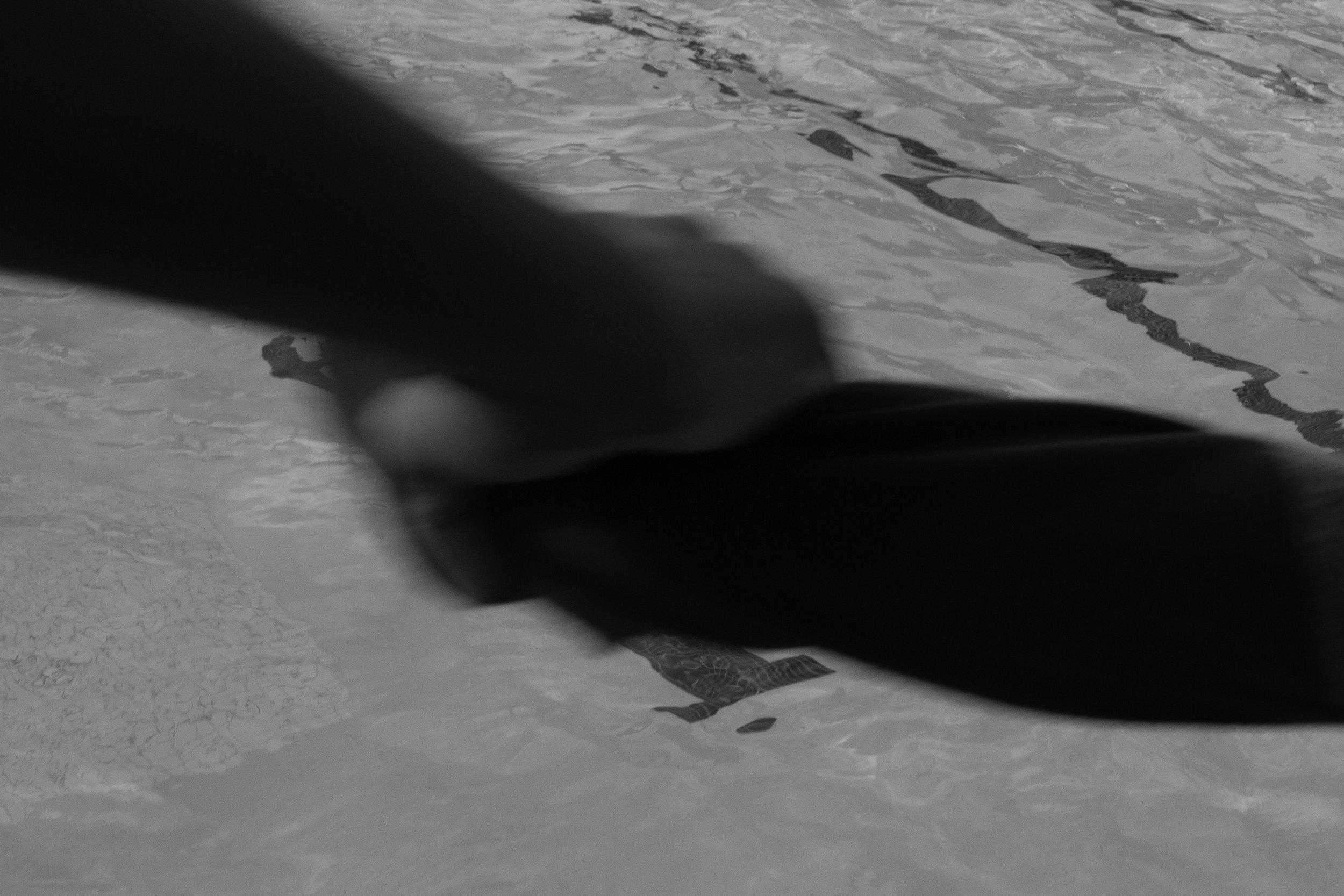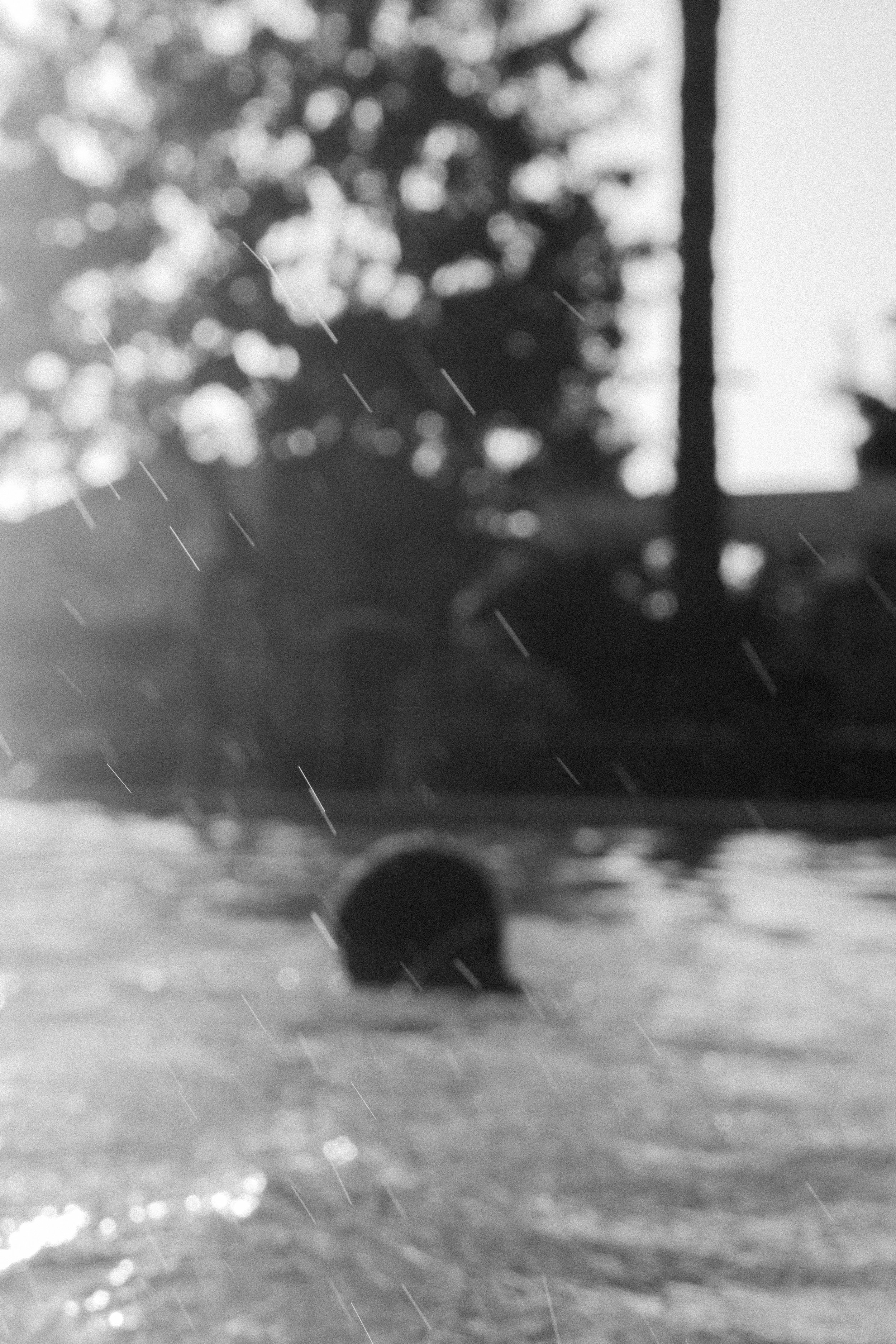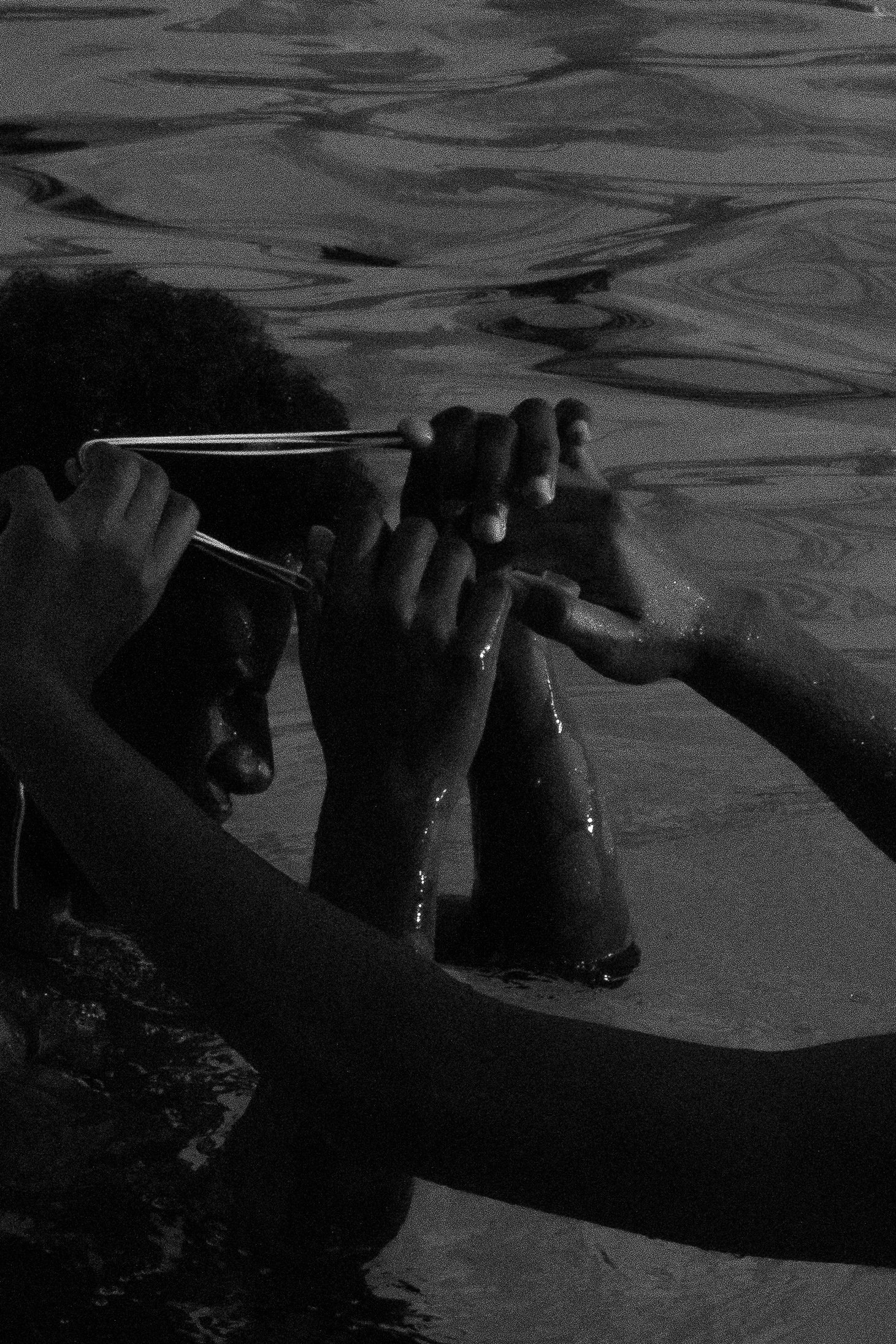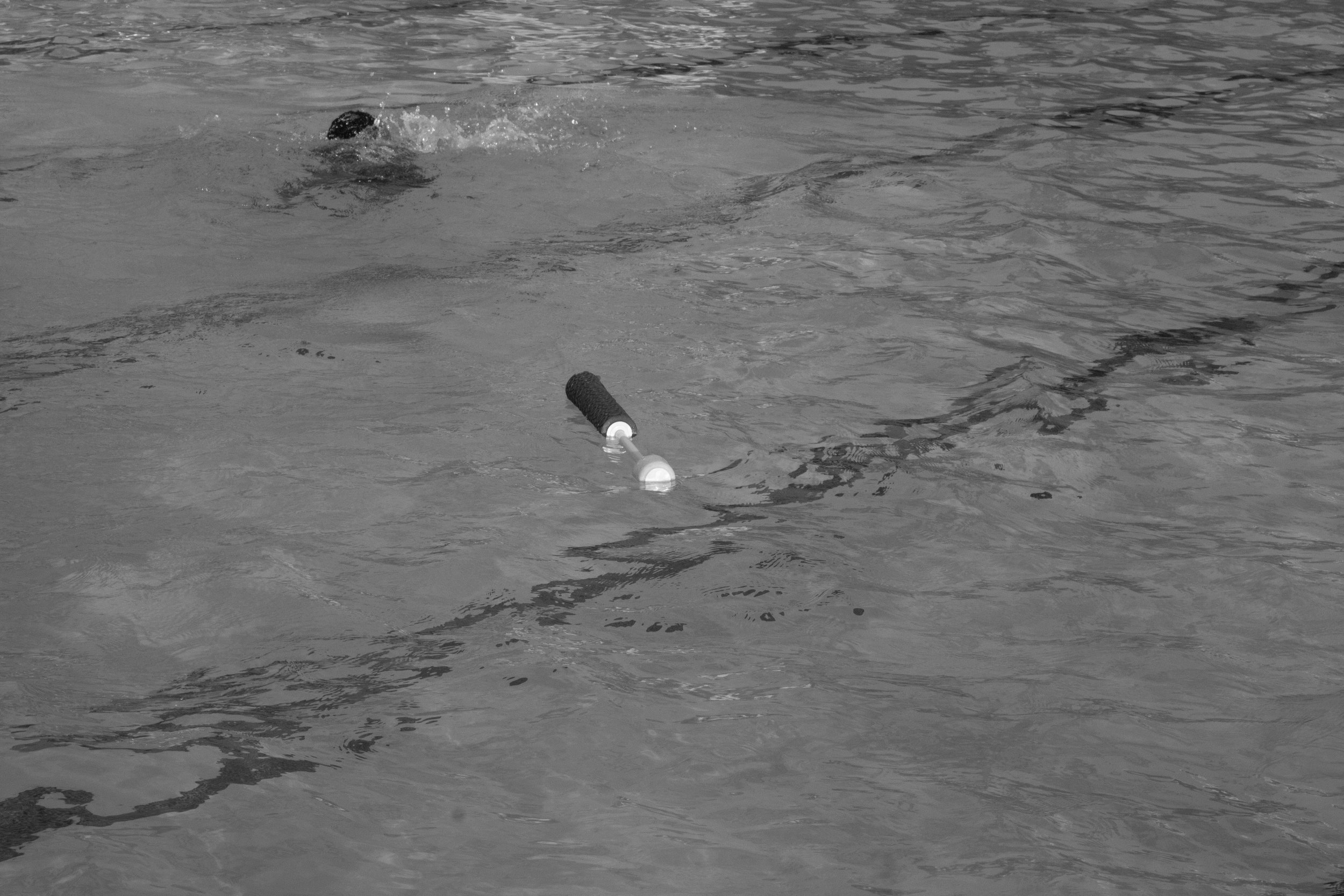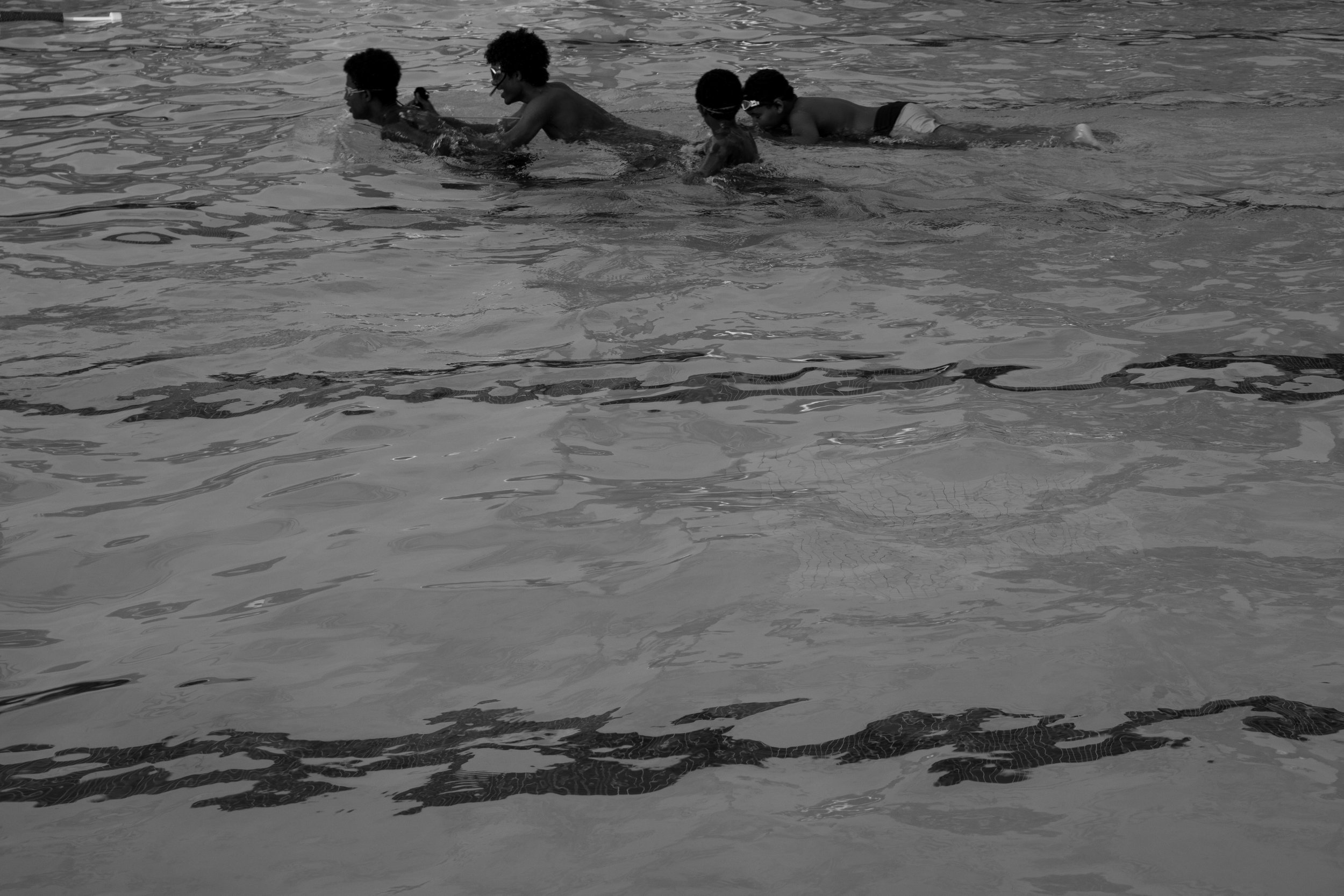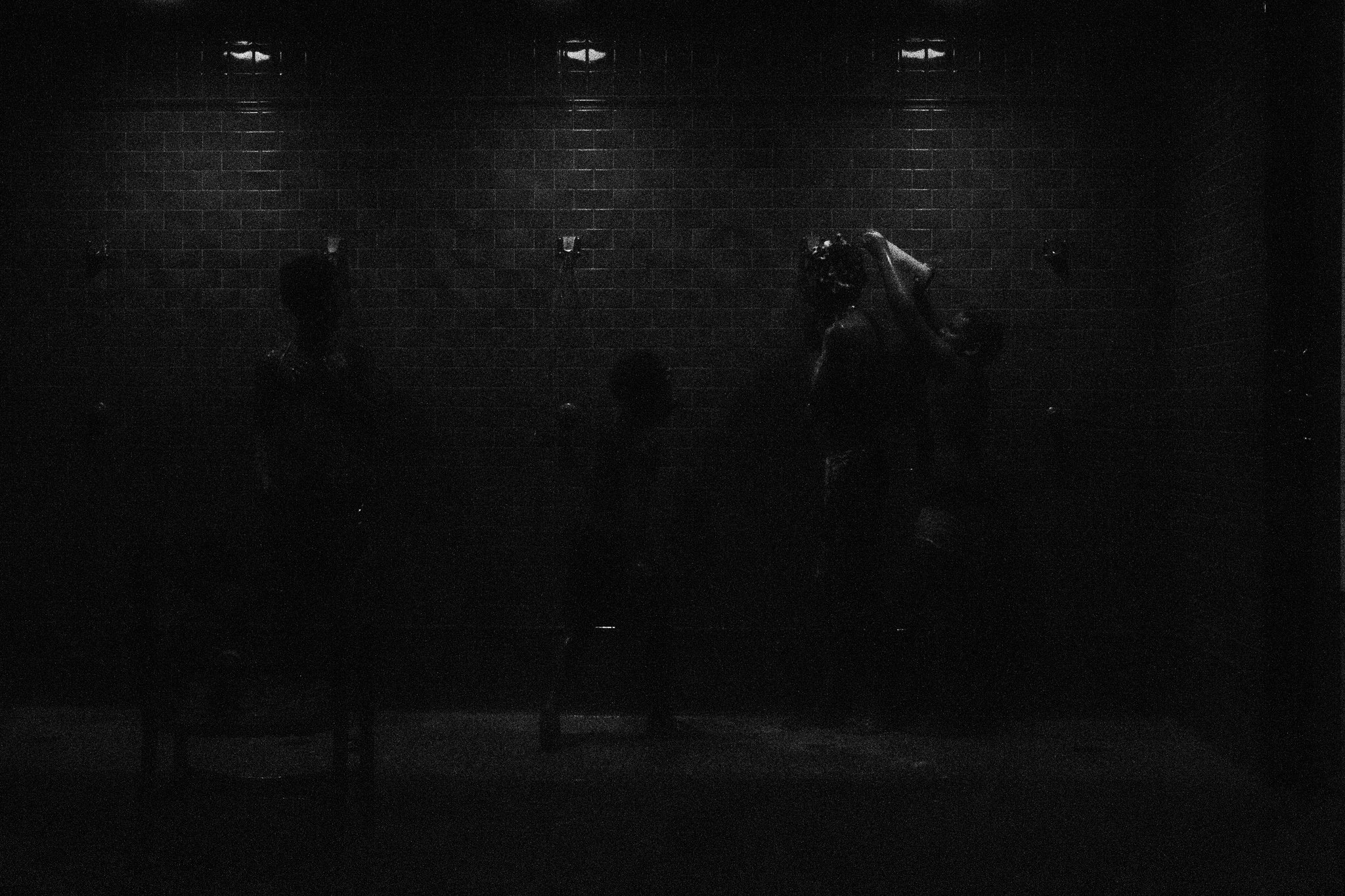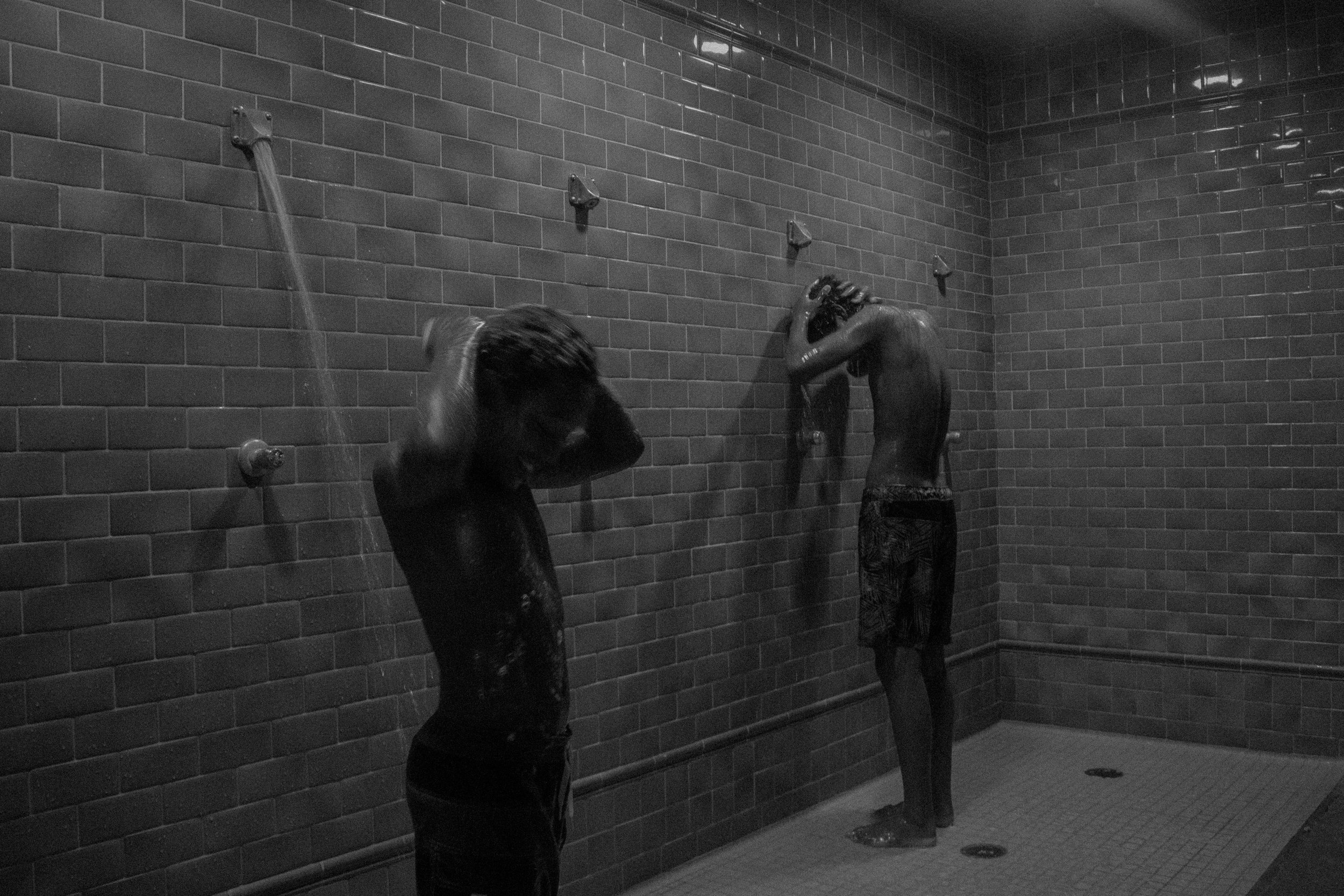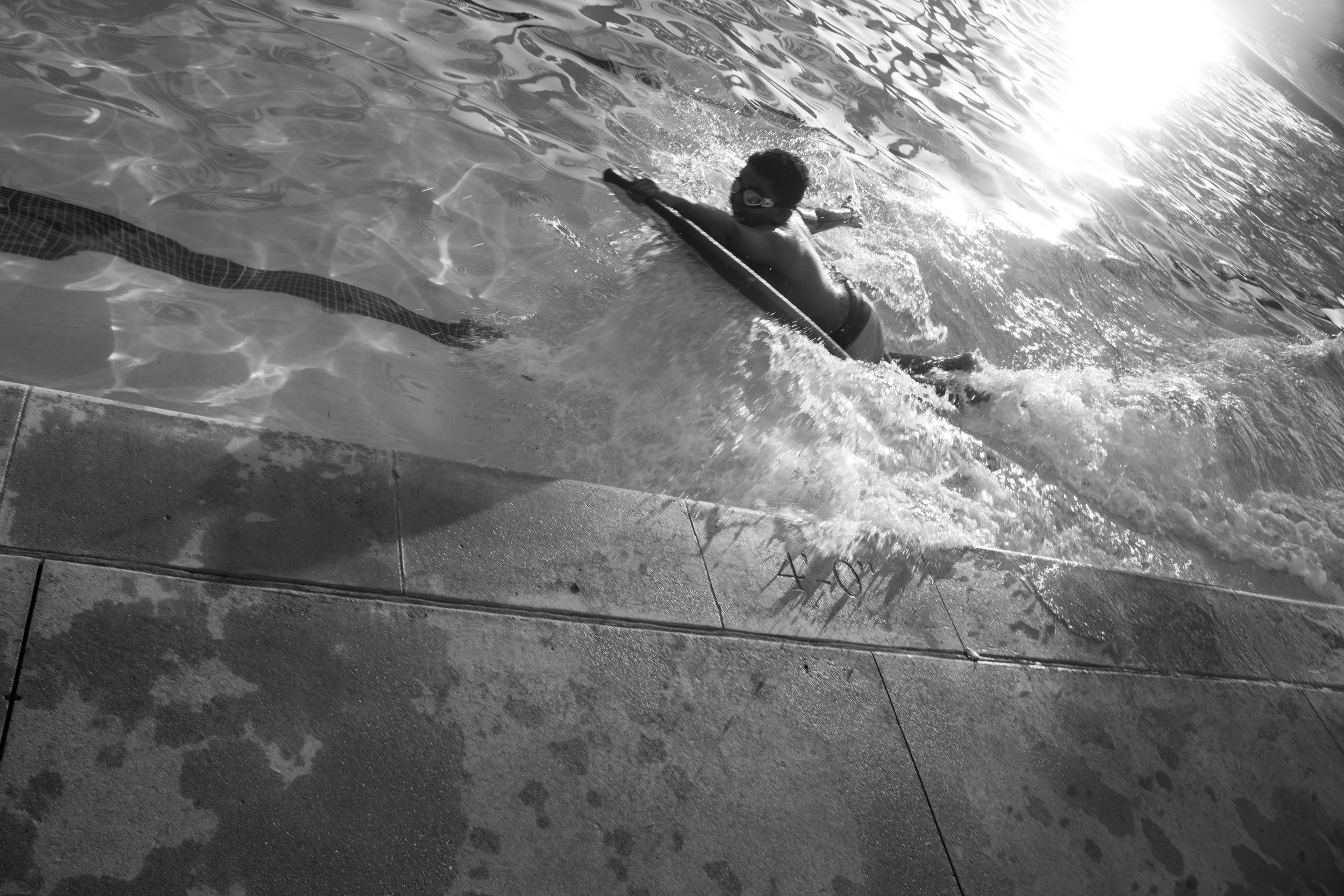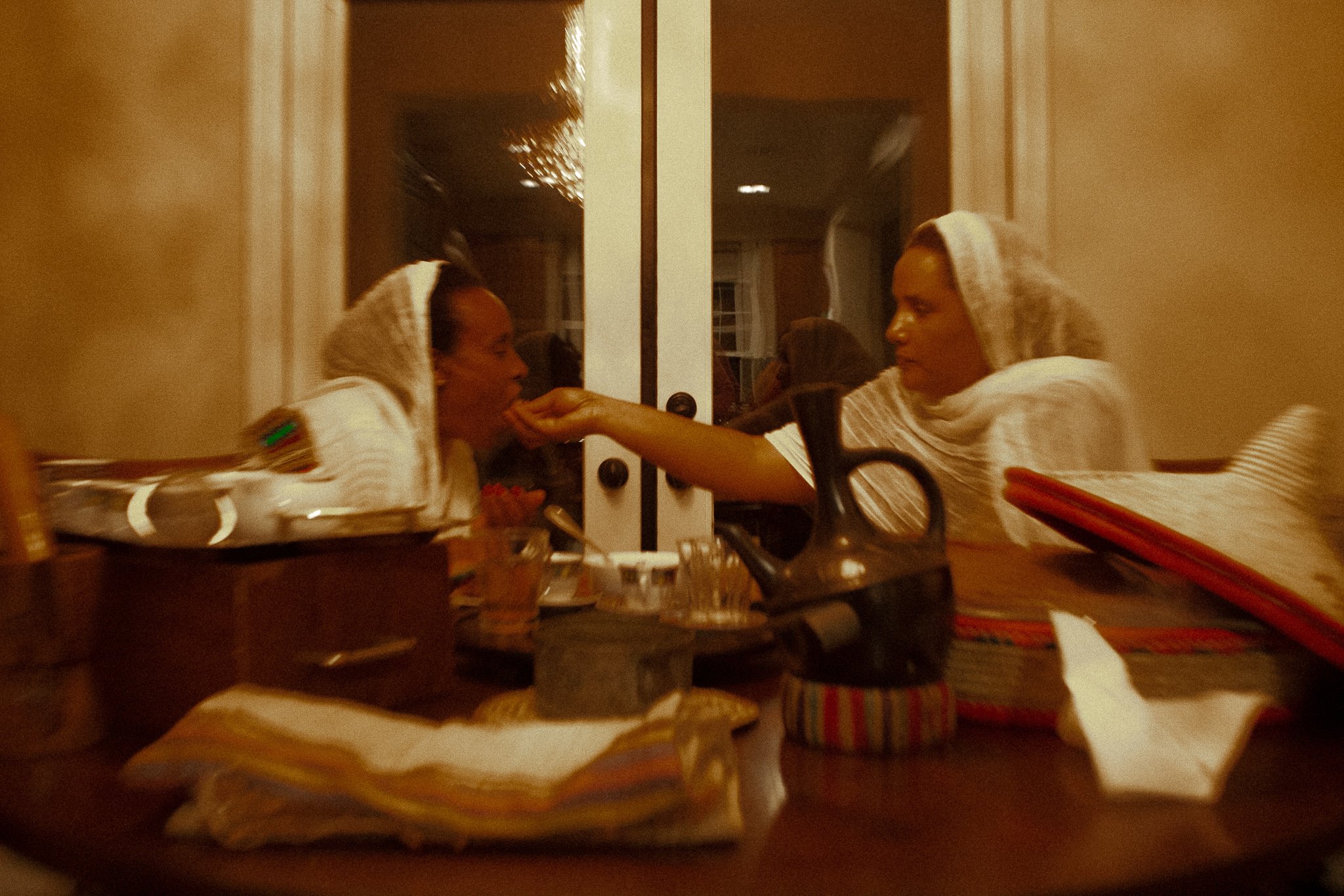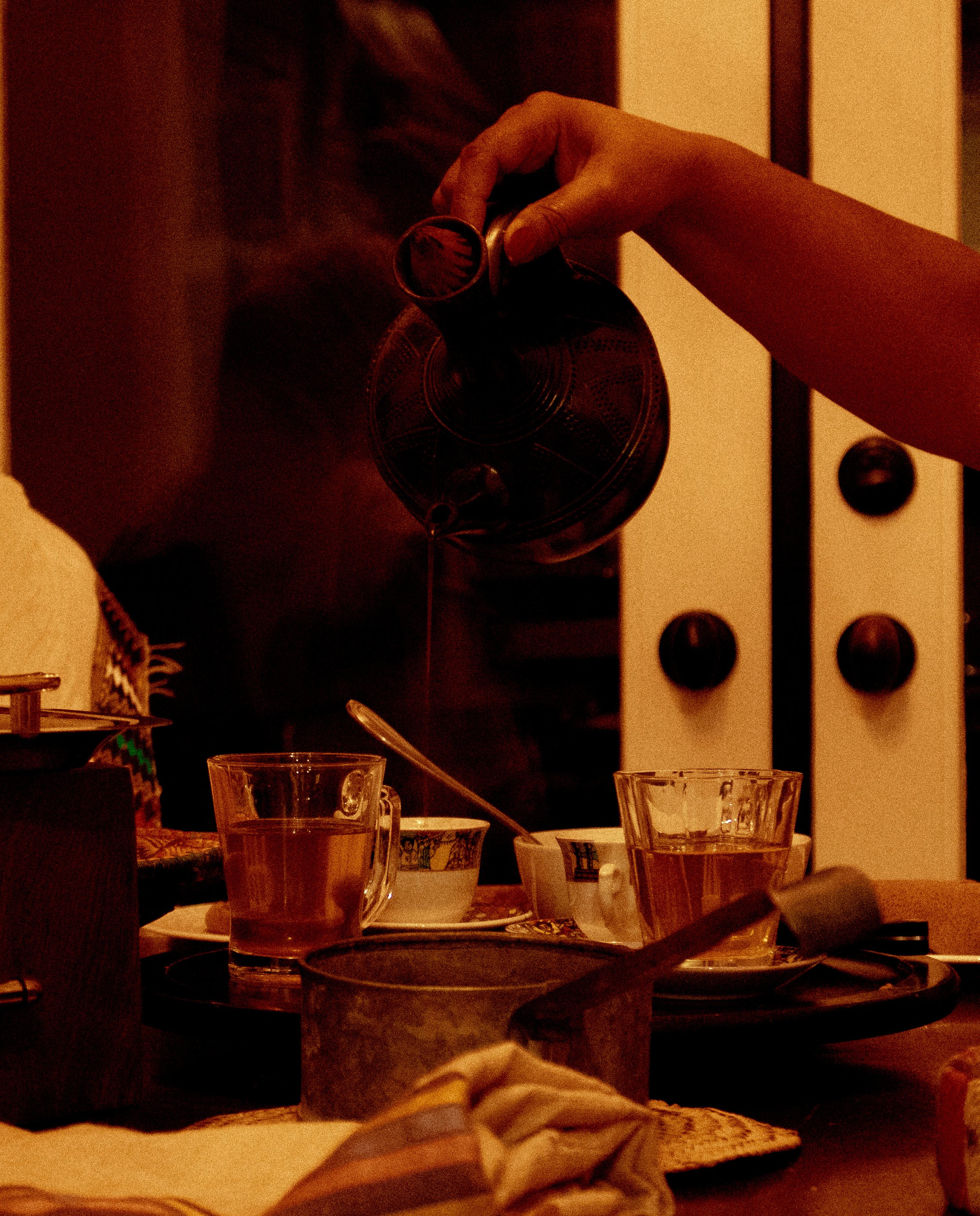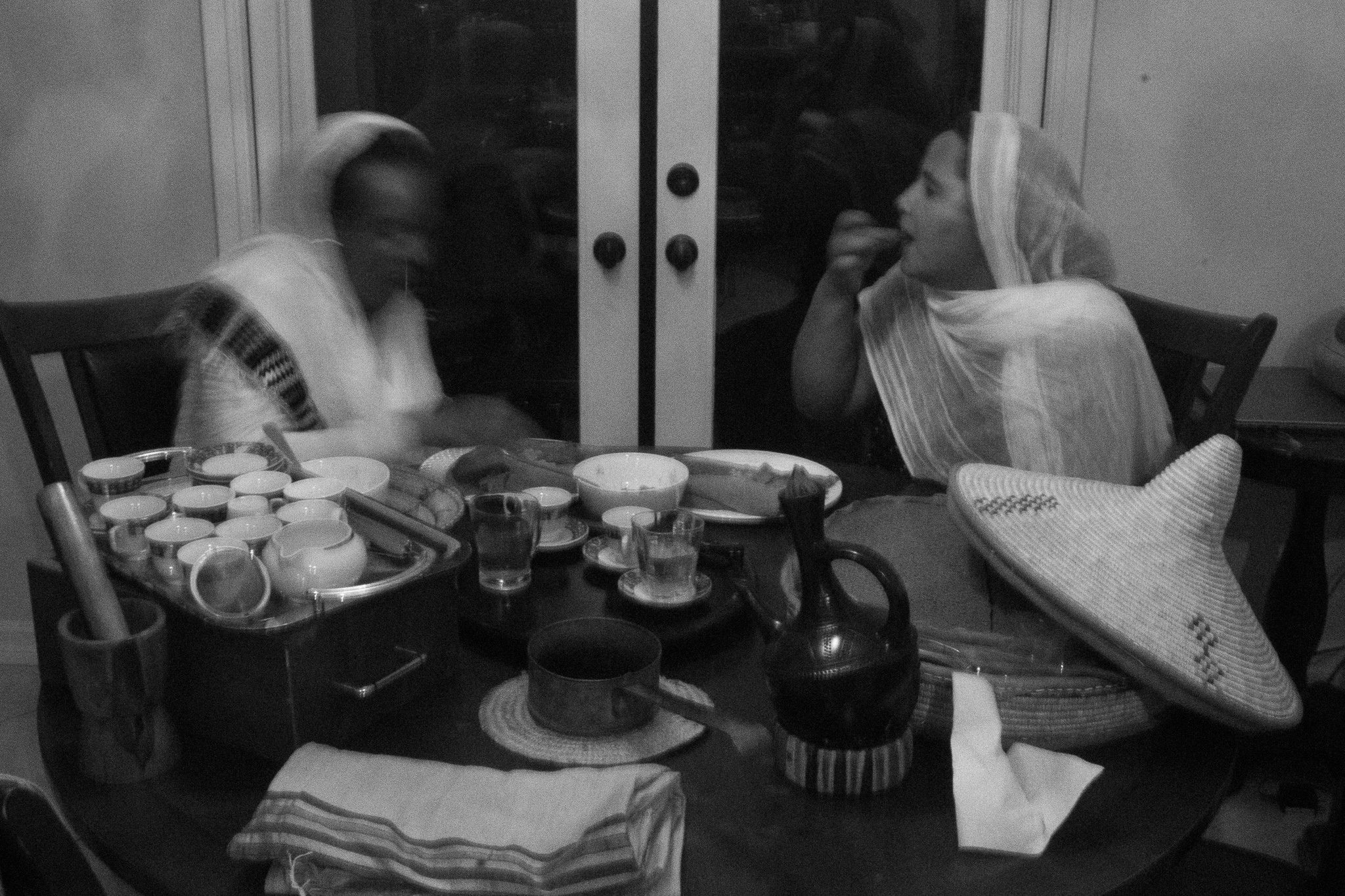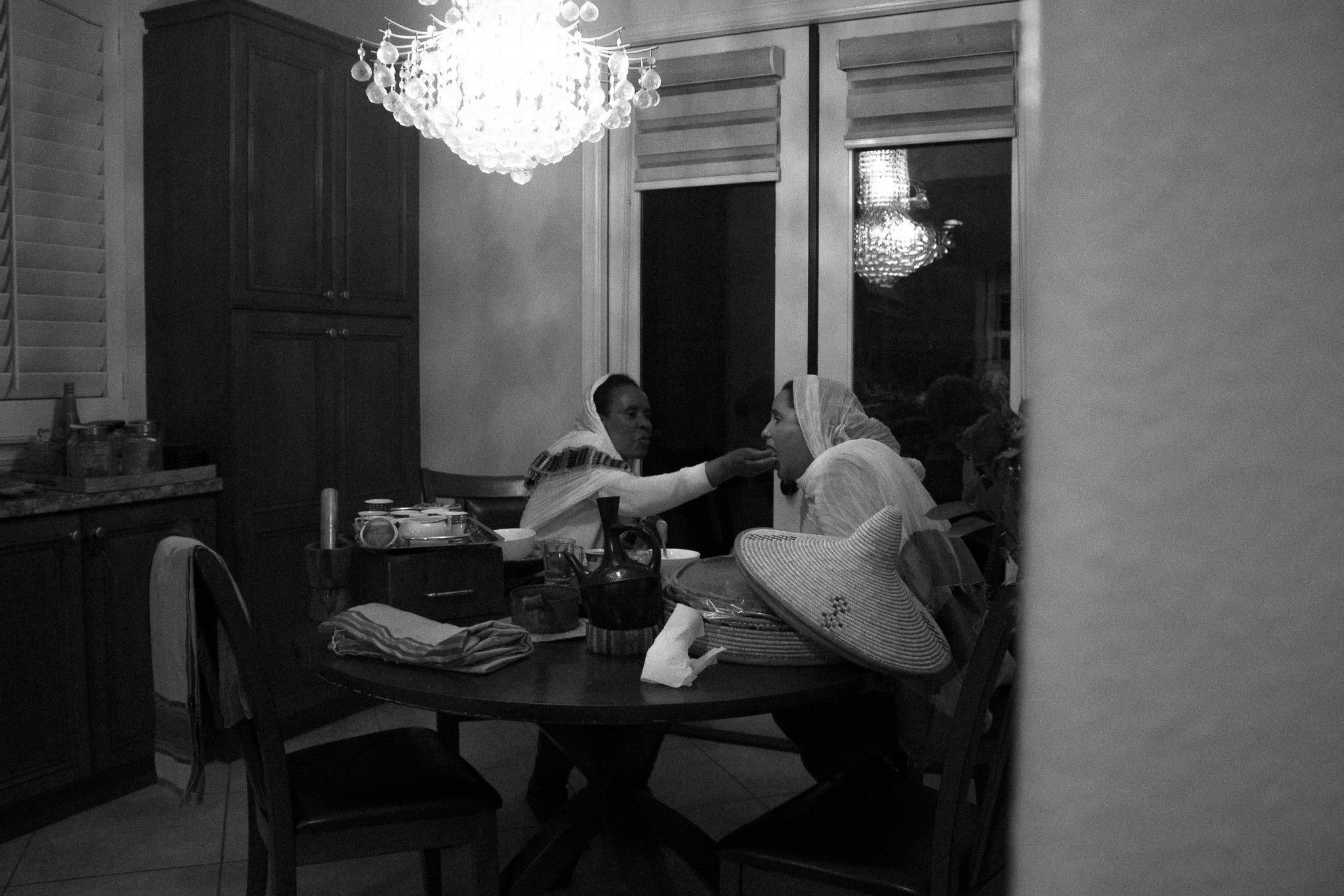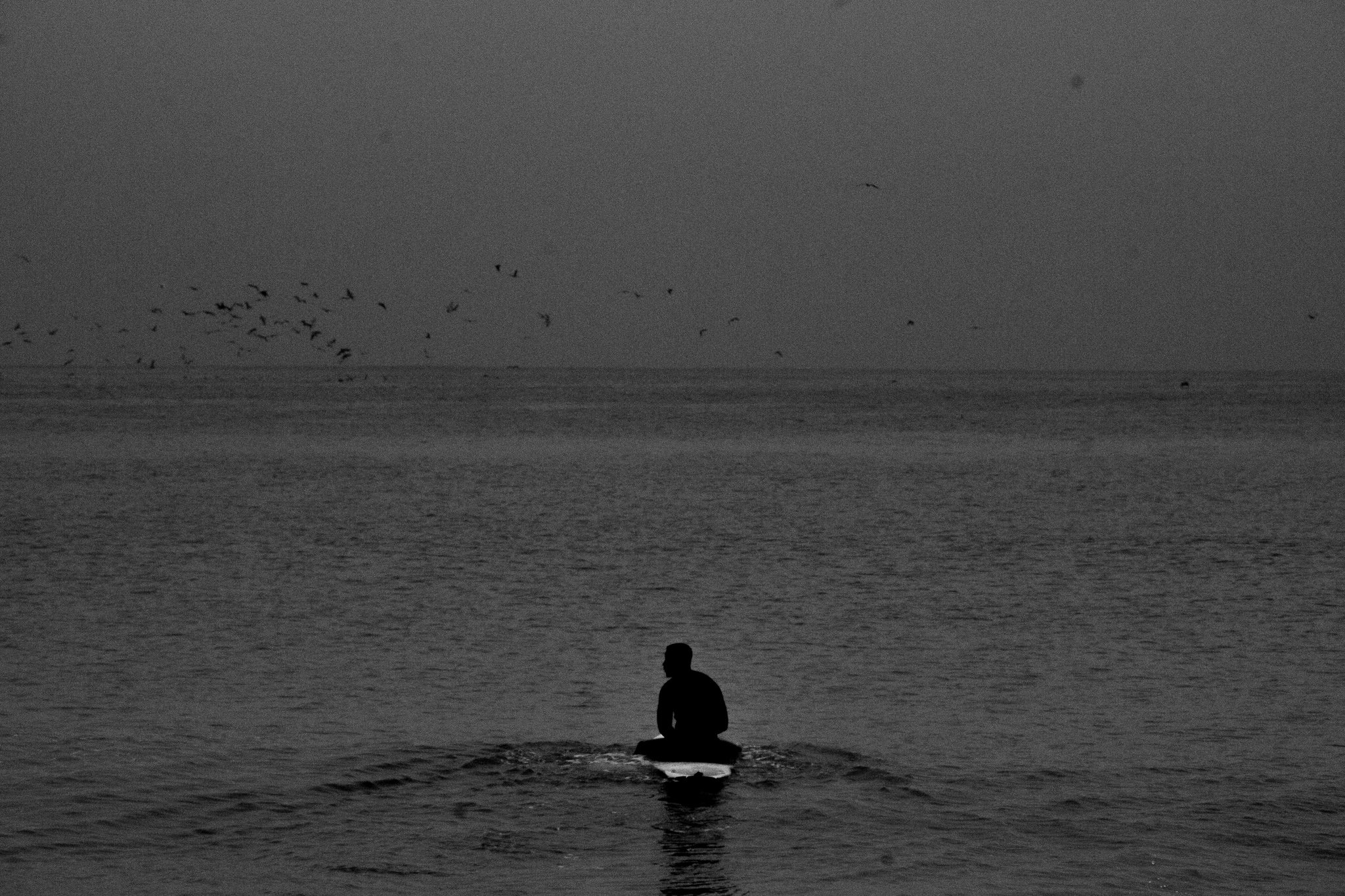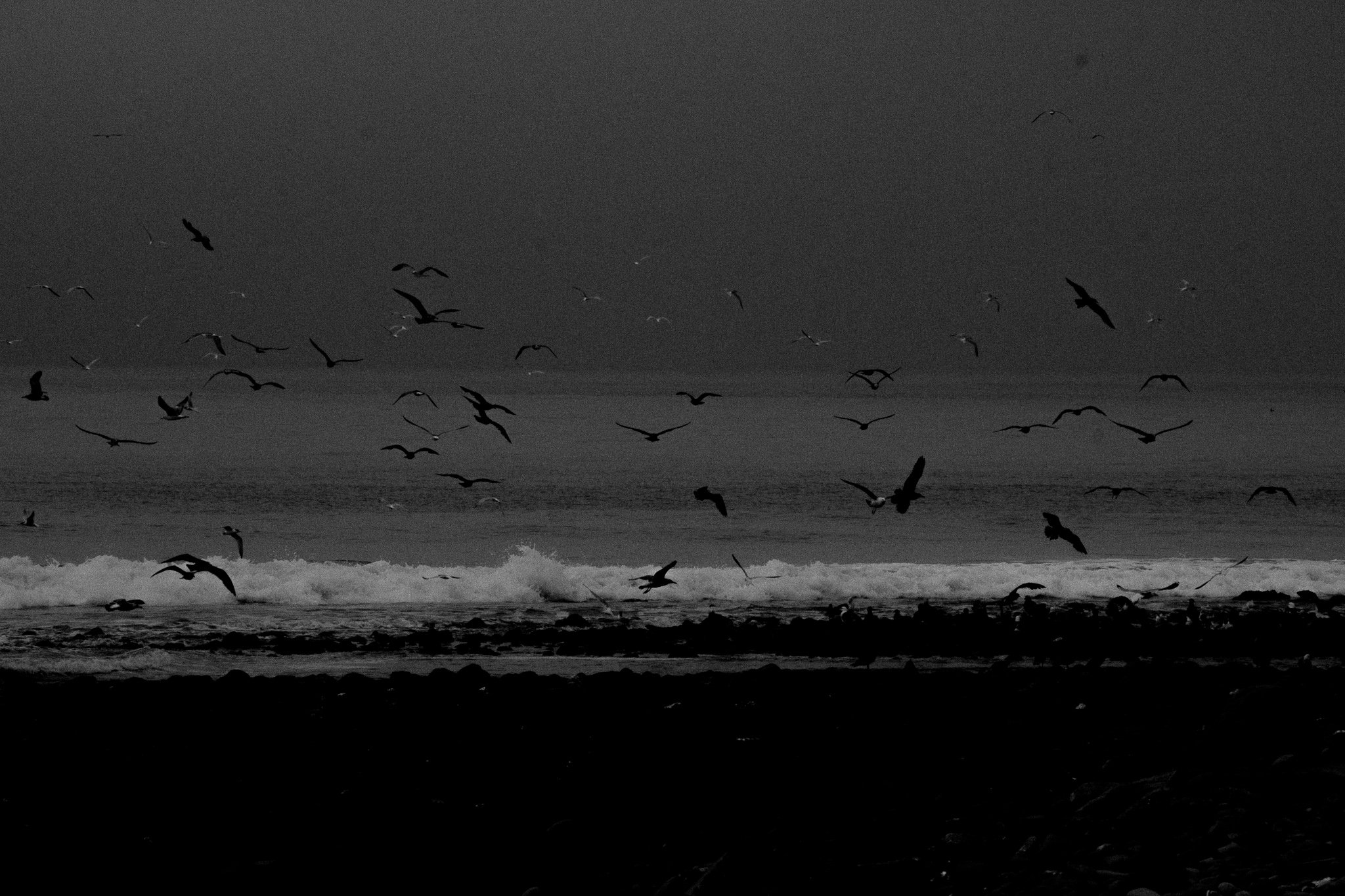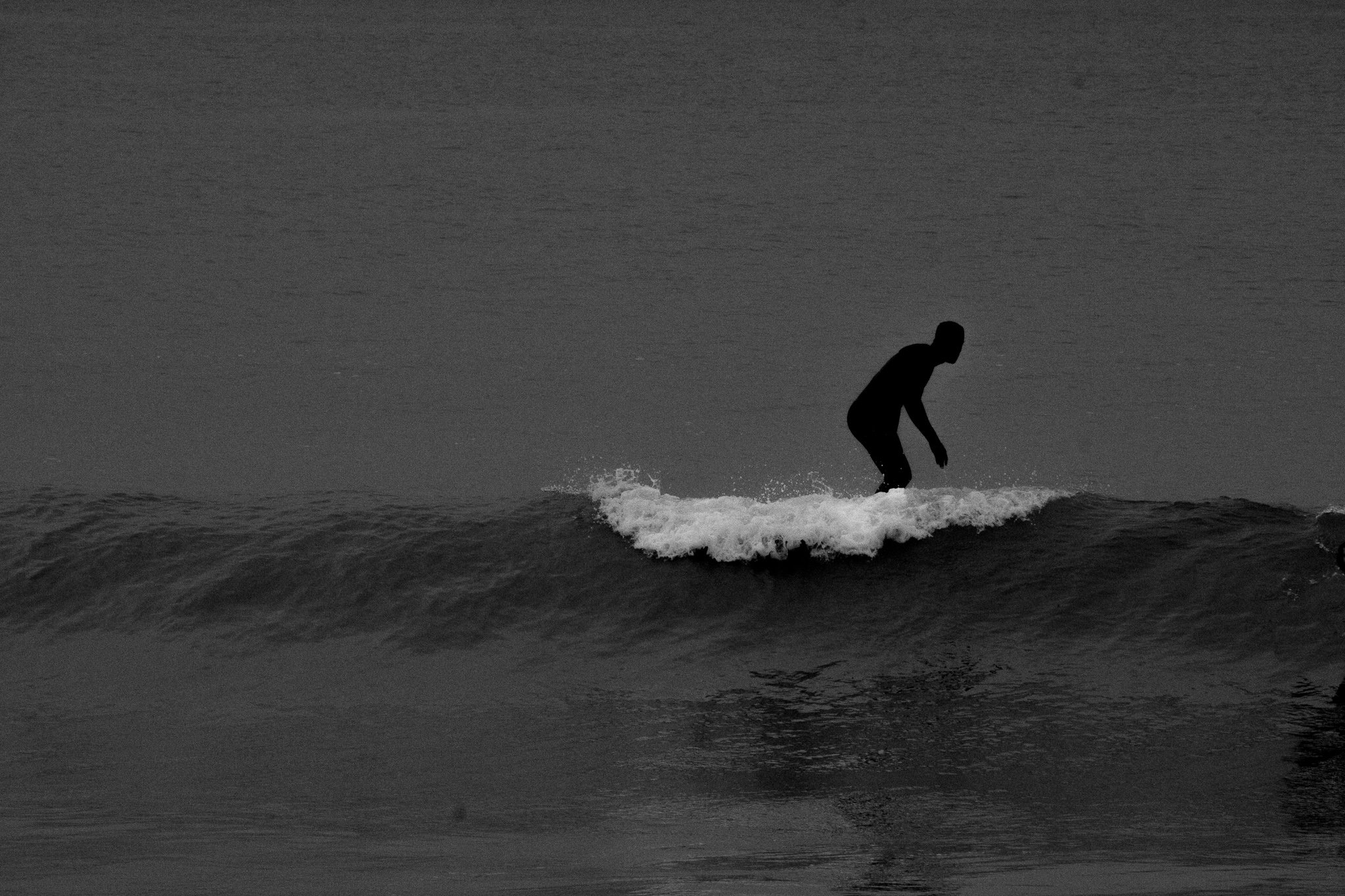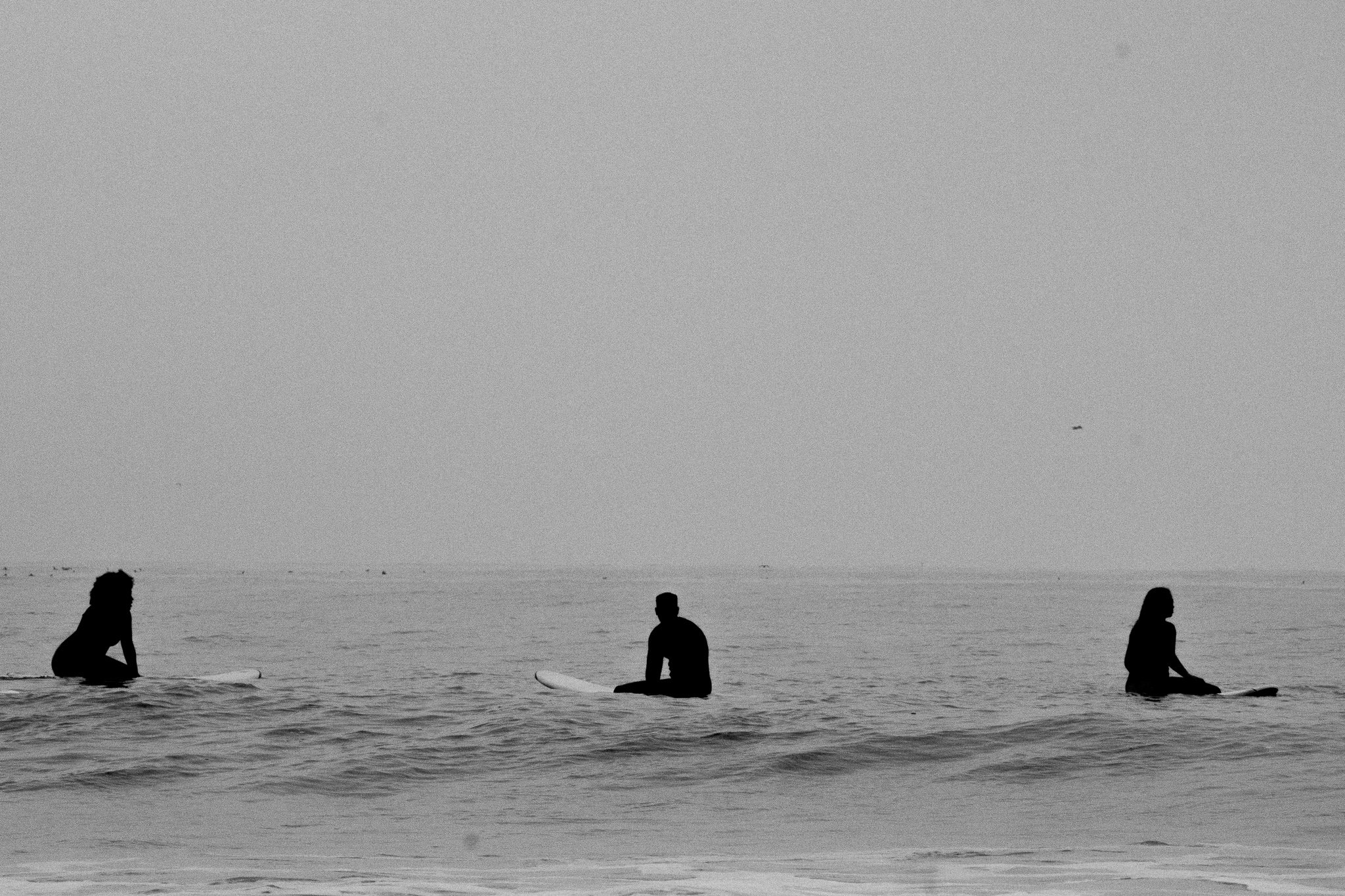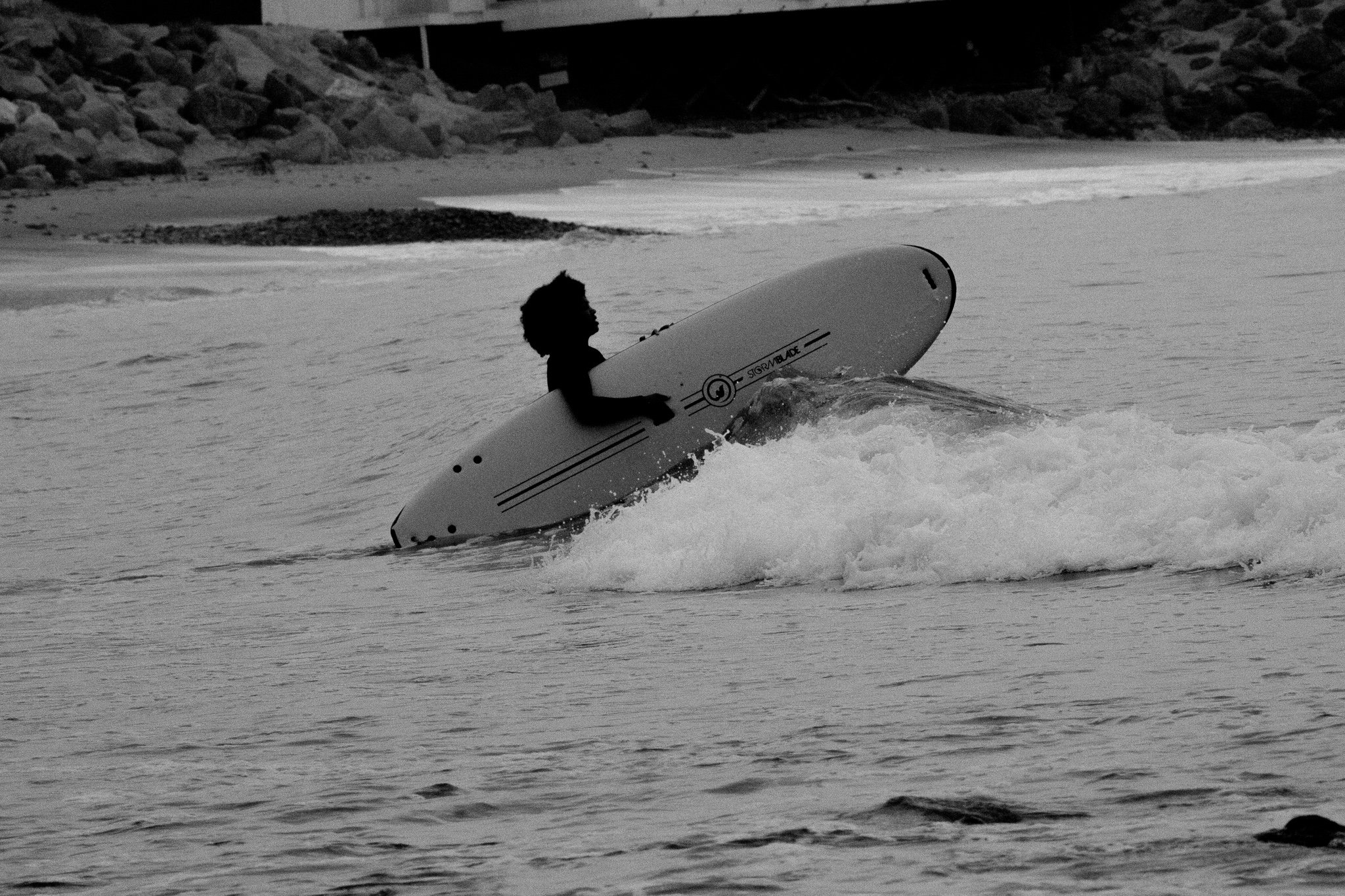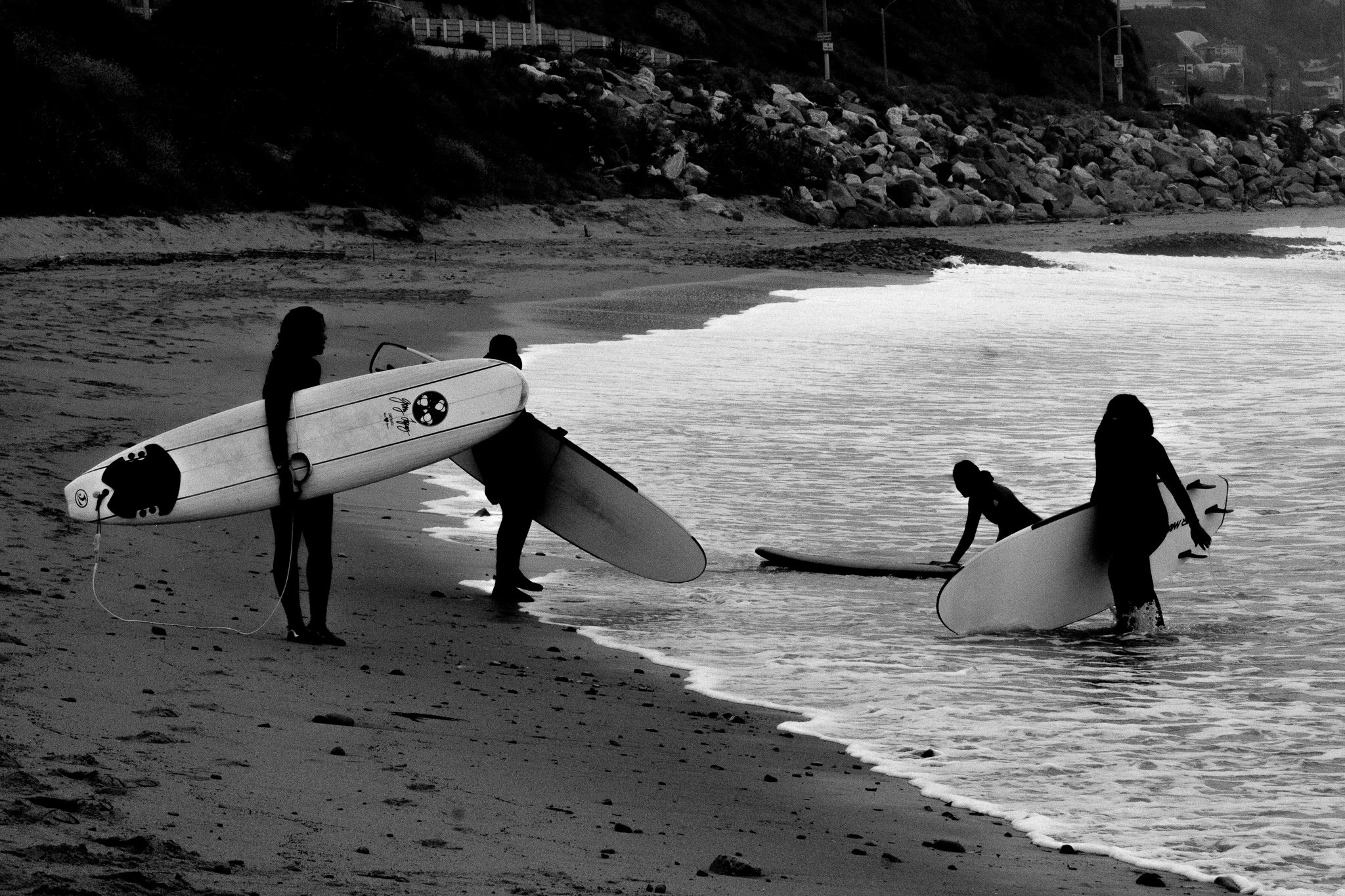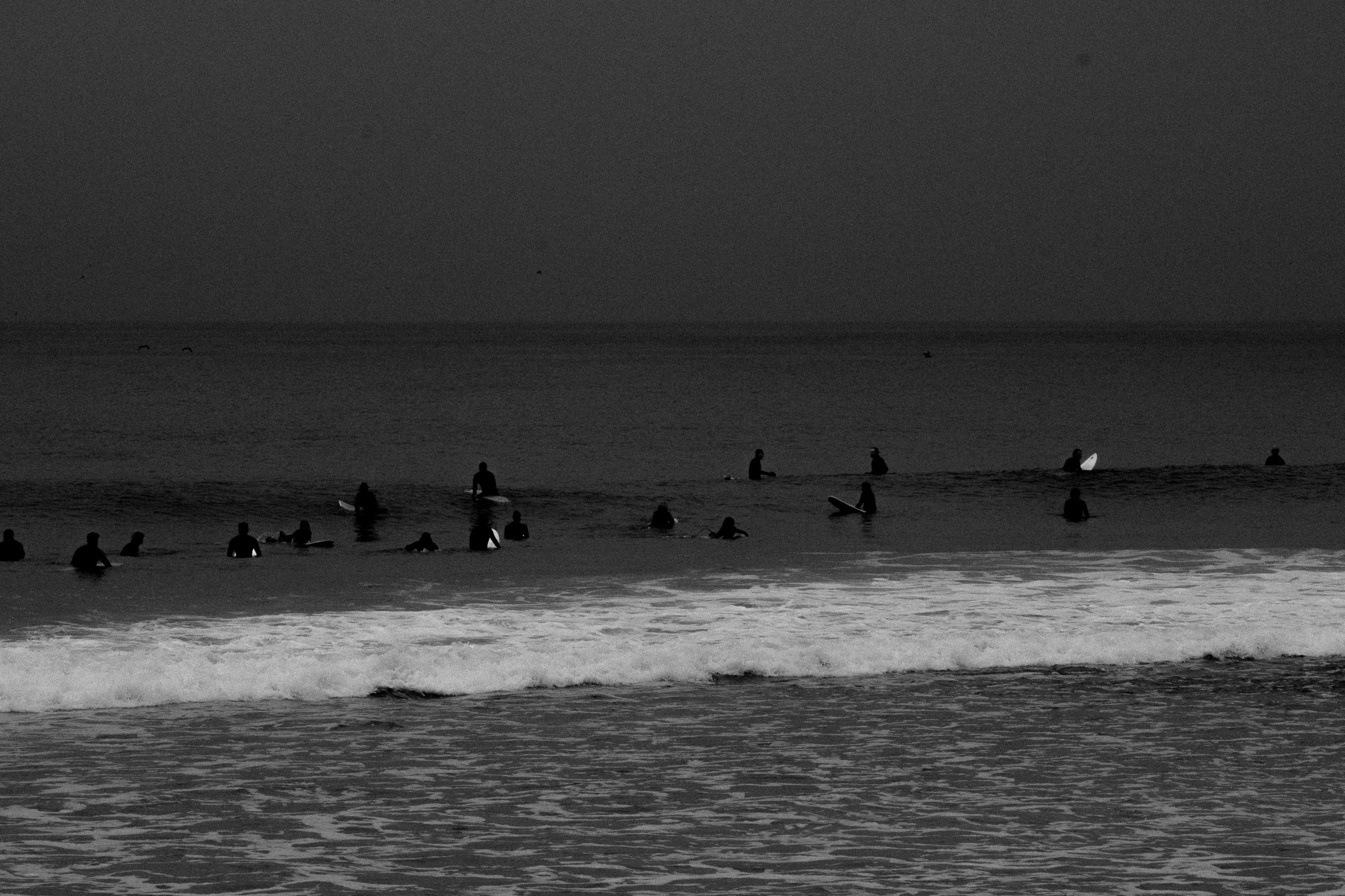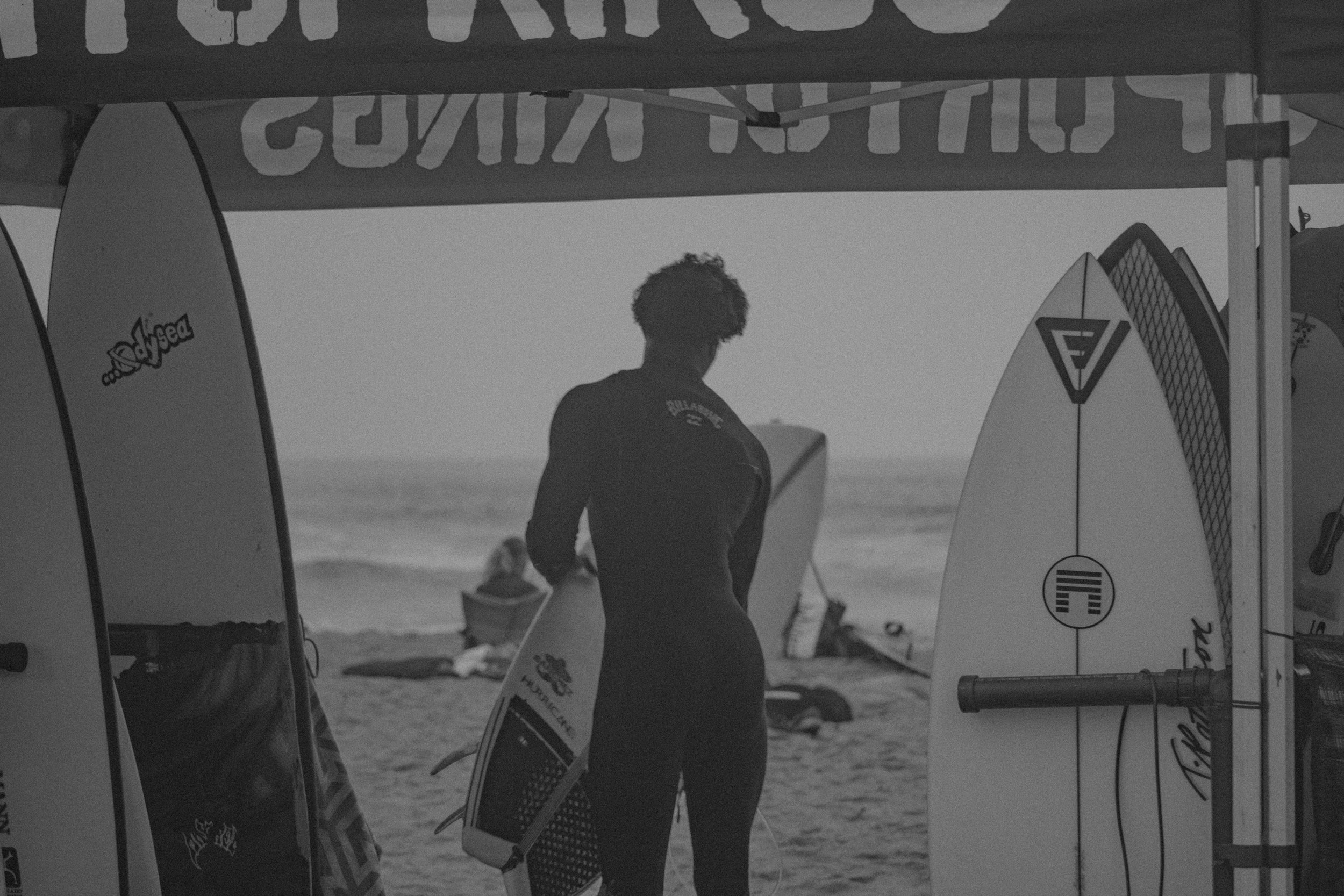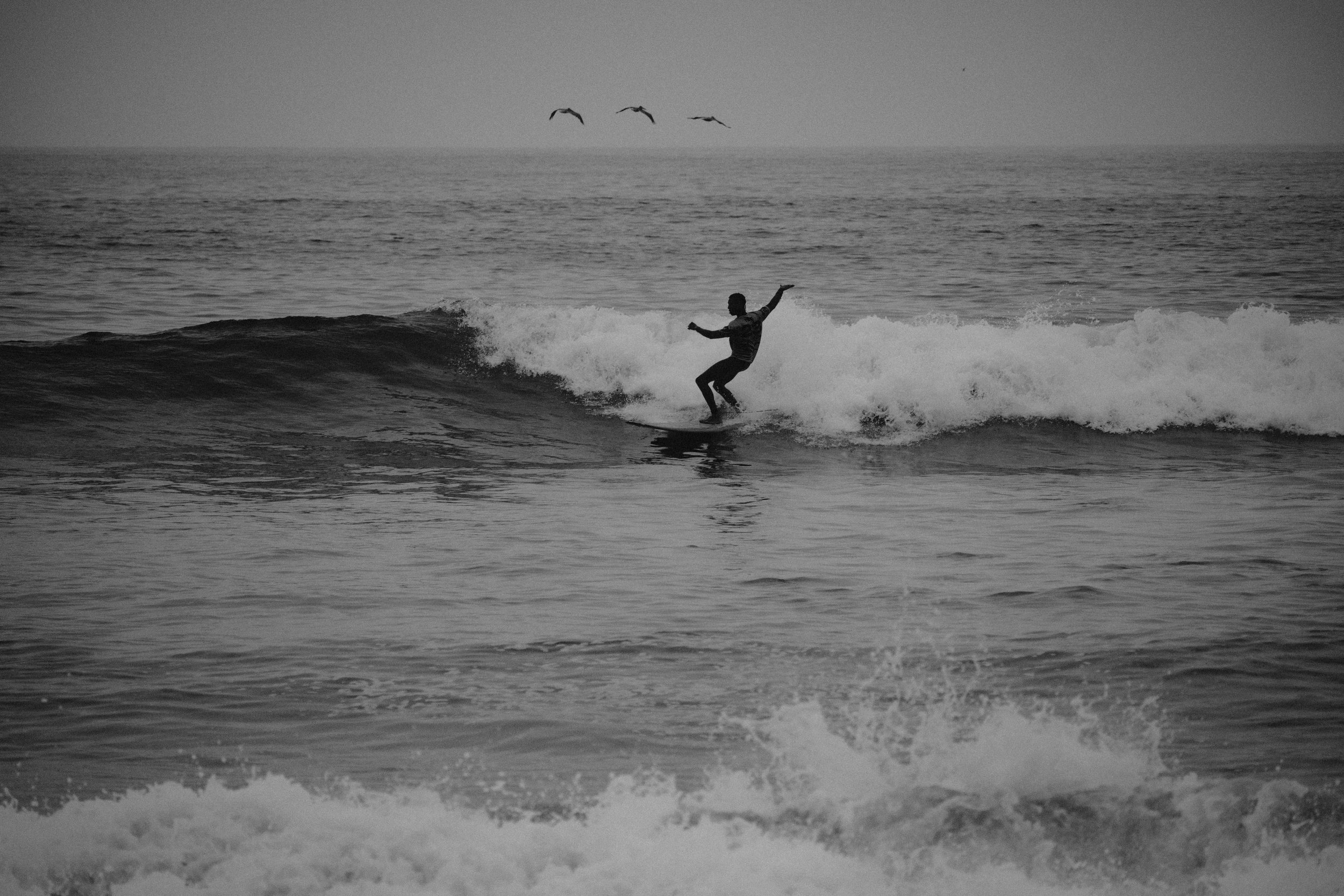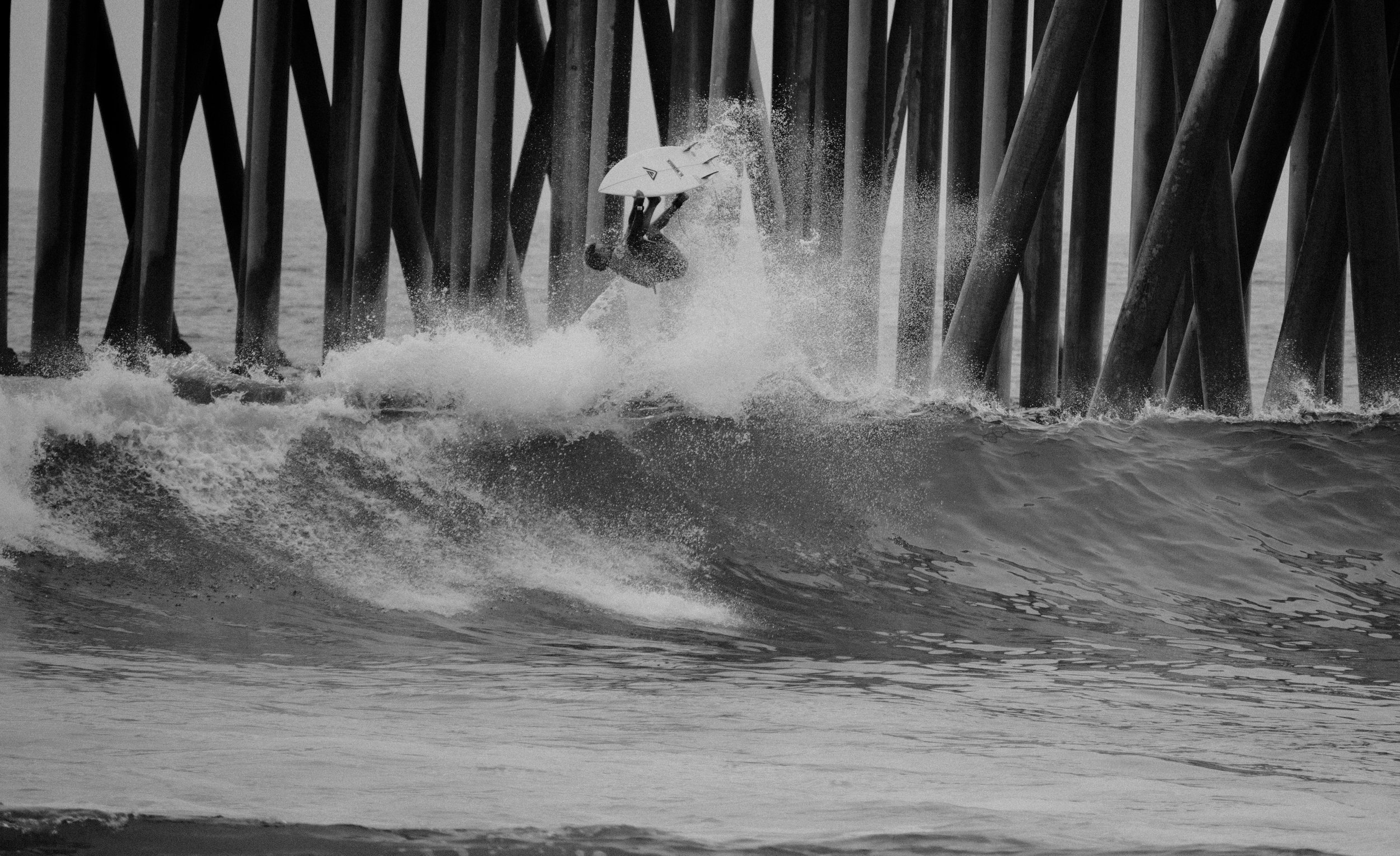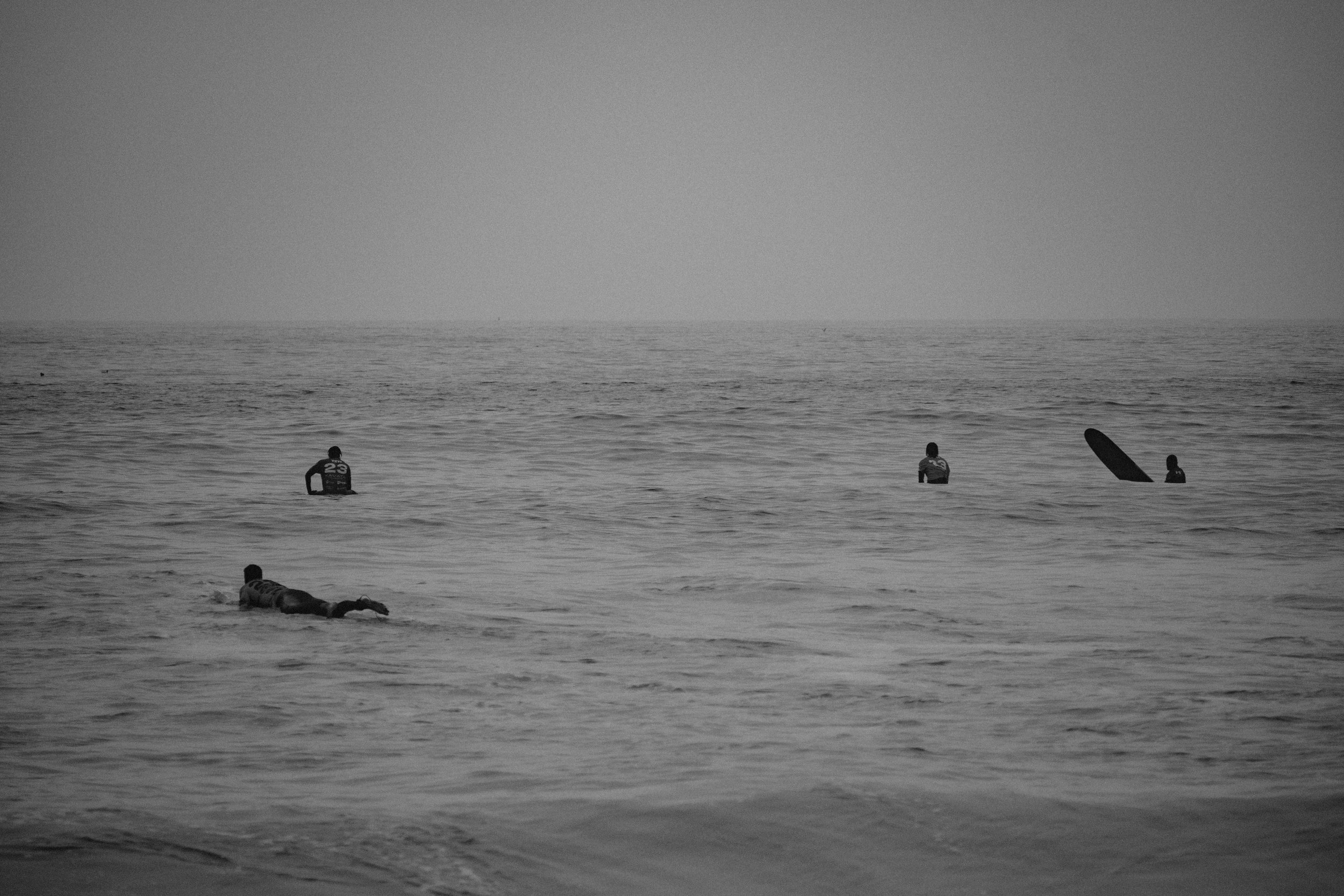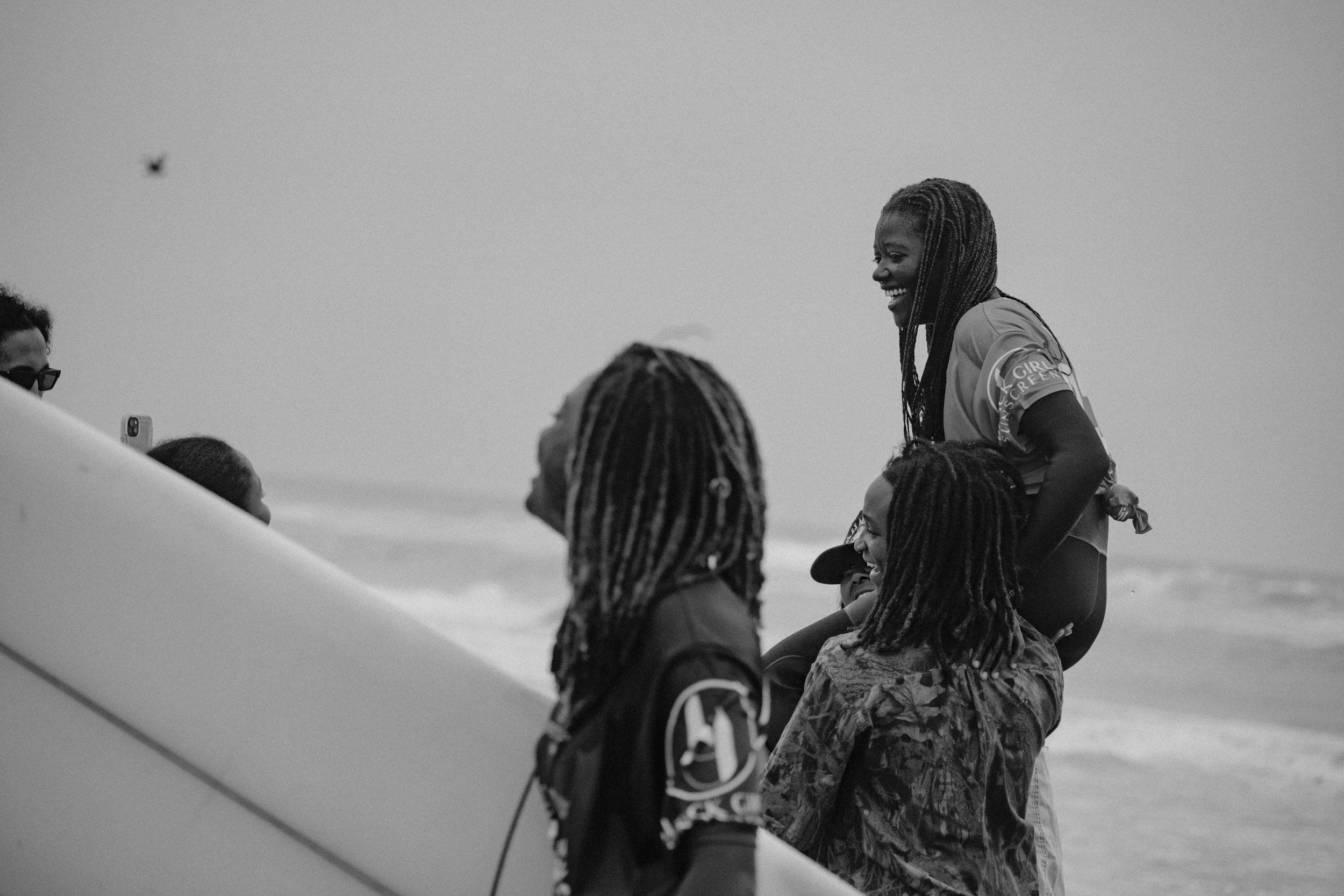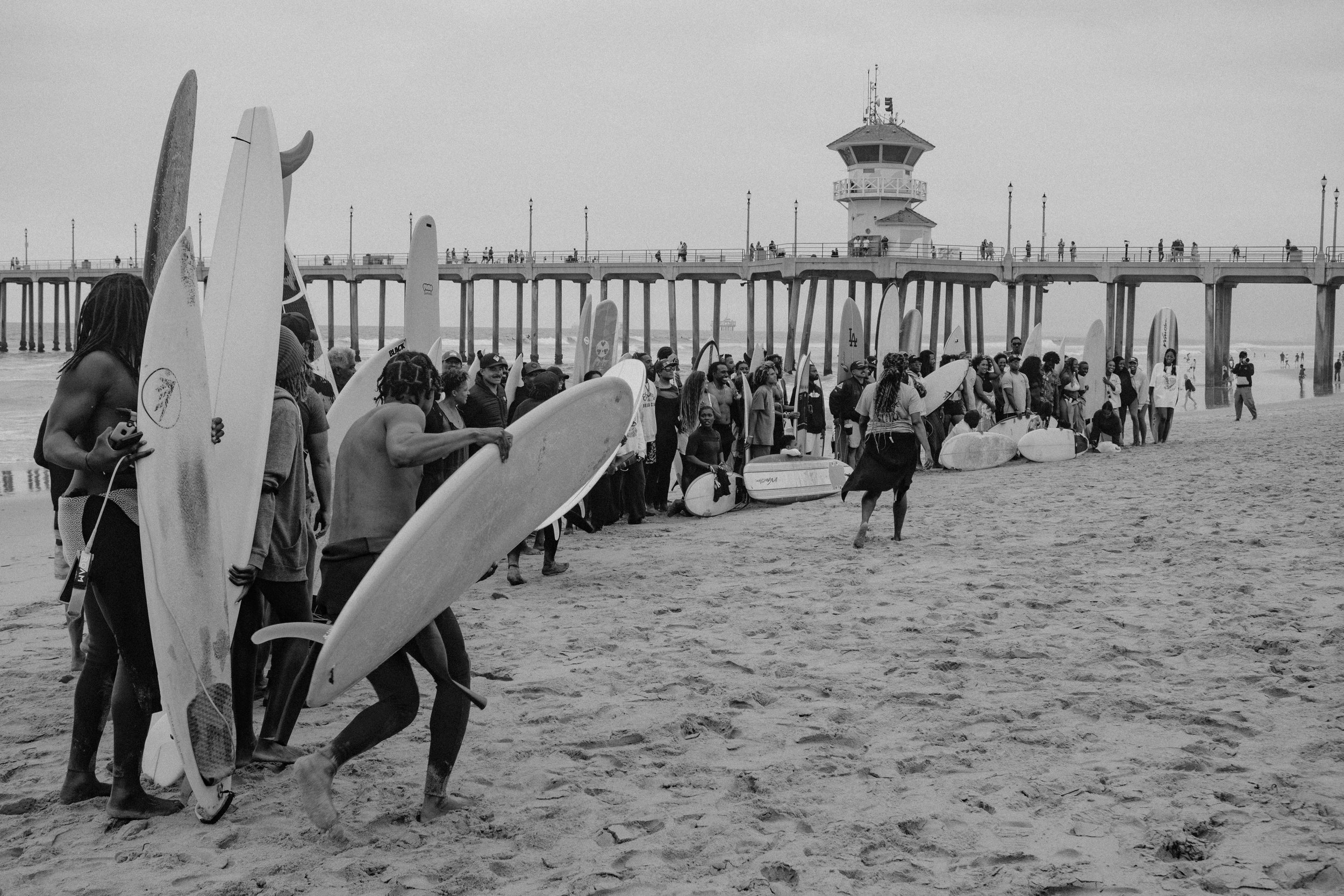OFF THE GROUND
"OFF THE GROUND" is an on-going visual collection that explores the hidden beauties and possibilities of African narratives that can be told differently and still maintain a truthful reality. In the pursuit of stories to silence the voices of Africans and African Americans, Off the Ground presents as a retaliation to Westernized stories that keep blackness boxed in the same place it has been told to make its bed in.
They are the narratives that have kept our brothers and sisters bound to the same stories that have left them timid and conformed to stereotypes. Stereotypes have prevented Africans from being properly fully seen and have hidden black individuals that are existing in a way that is not recognized. This idea of rising above the stereotypes and living in a way that is free of popularized narratives is what brings about what it means to fly; to be “off the ground”
The project aims to collect images that are taken in an array of different contexts and showcase the stories and representation of black bodies in scenarios and realities that we are missing from Western mainstream media and our day to day thoughts.
Images of my brother and cousins playing at a community pool, dragging each other around, creating new games with one another. The Western stereotype has boxed boys with their skin complexion to be more familiar with violence on concrete than floating in water.
I find foils of these stereotypes in their hour of play with one another. Our cousins have recently hit a year since having immigrated to California from Addis Ababa, Ethiopia and have quickly learned how to swim since settling here.
In traditional Ethiopian culture, the act of feeding one another is called “gursha”, an Amharic word translated to “mouthful”.
In “two women share a gursha” my mother and my aunt are found in an intimate moment feeding one another surrounded by common Ethiopian home items. Using the home as a way of exploring intimacy, the moment speaks of a narrative that offers a new lens of blackness.
This visual aims to be a retaliation towards stereotypical Western narratives of blackness that portray women relations between each other as hostile and bitter. The usage of food substitutes the mouths of gossip that are so commonly found amongst Ethiopian women and black women alike.
In continuation of the perceived notion that black bodies do not belong in the water, this thread of photos captures the essence of black community of surfers that defy that. A group of black surfers from Intrsxn Surf in LA meet up to ride water in the early morning. Intrsxn Surf is aimed at creating a community of black women fostering their relationship with the water. It has become a place of joy and rest for them. Many of them are mothers, teachers, and artists. In this thread of images their male friend joins alongside them for a quick ride.
The 2nd annual event of the largest gathering of black surfers in the United States. Surfers from all over the nation come together in Huntington Beach, California to take part in the surf competition. In efforts to create a safe space for Black surfers to connect and surf competitively, A Great Day at the Stoke provides the black community a space where they feel welcomed in the water; a place where black bodies have historically experienced the contrary.

